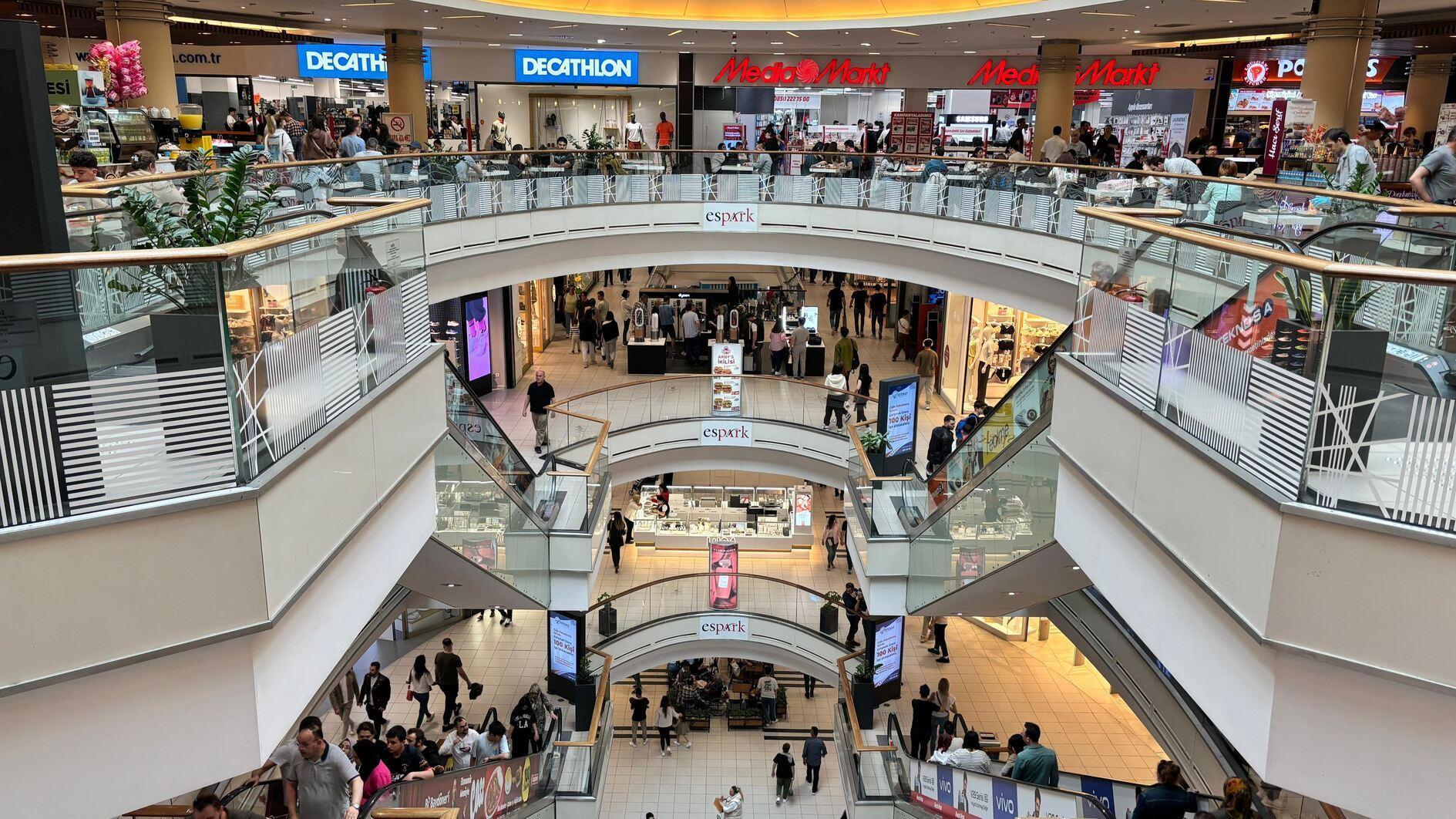The impasses of Turkish foreign policy at first glance
Although more than two months have passed since the controversial referendum on shifting to an executive presidential system, the much-anticipated stability and comfort in Turkey’s internal politics and external relationships are far from visible.
There is no doubt that internal political developments - often associated with continued crackdowns on government opponents, at the expense of further deterioration in the state of human rights and democracy - deeply affects Ankara’s foreign policy dynamics.
This obliges us to make our assessments on the future outlook of Turkey’s relationships with its global and regional partners, and its positions vis a vis ongoing issues, in line with the government’s decisions and actions inside the country.
Let’s try to outline the current state of Turkey’s foreign policy and its impasses on various fronts by keeping this principle in mind.
The Gulf crisis: Because of its military base in Qatar, Turkey has become a party of the crisis within the Gulf Cooperation Council (GCC) countries. Turkey’s immediate help to Qatar, by opening all its markets to Qatari companies to provide food and other humanitarian needs, was necessary and in line with Turkish values. However, rushing to ratify military deals and then deploying troops to Qatar while the tension was still escalating were steps too far. Turkey could still make the Saudi-led Arab powers aware that it sides with Qatar and will continue to do so, but showing this through military means will not be helpful at all.
Hard power: A number of pro-government analysts and columnists are underlining Turkey’s role as a “hard power” in this ongoing crisis. But the interpretation of Turkey’s move on the Saudi camp was rather different. Bahrain’s foreign minister Khalid bin Ahmed argued that the Turkish deployment of troops to Qatar added a military dimension to the ongoing “political and security dispute.” “The deployment of foreign troops with their armored vehicles is a military escalation for which Qatar will bear the consequences,” he further said.
The Turkish-Arab conflict: Unfortunately, diving into the crisis militarily nixes Turkey’s hopes of exercising smart or soft power in the region. The Qatari crisis shows that Turkish diplomacy’s reflexes as a smart or soft power were long ago nullified. Breeding a Turkish-Arab conflict out of this crisis would not be in anyone’s interest, and many are sure that there could be other moves rather than turning to hard power as a first and foremost resort.
The partition of Iraq and Syria: Turkey’s reaction to the Iraqi Kurdistan Regional Government’s (KRG) decision to hold an independence referendum on Sept. 25 had two different natures. Officially, Ankara expressed its opposition to the idea of such a referendum, especially at a moment when the entire region is on fire. However, between the lines, high-level officials have indicated that Turkey could live with it, emphasizing the current close bilateral ties between Ankara and Erbil.
Away from the Iraqi theater, senior Turkish officials are loud and vocal about a potential autonomous region in northern Syria, under the control of the People’s Protection Units (YPG), which are protected by the United States. It is obvious that current state of Turkey’s relationship with the U.S. does not permit any sound cooperation or understanding between the two allies in Syria. Having already lost its leverage on its closest ally about such vital security issues, Turkey’s only option seems to be a military intervention, if necessary.
A return to PACE: Turkey’s ties with the West continue to be problematic, although recent efforts opened a new channel of dialogue between the parties. One positive development was observed at the Parliamentary Assembly of the Council of Europe (PACE) this week, as ruling Justice and Development Party (AKP) members decided to attend the summer session of the parliament. This was an obvious u-turn, as the Turkish government had announced that it would not cooperate with PACE and would not attend its meetings, in reaction to PACE’s late-April resolution that reopened a monitoring procedure for Turkey due to its deteriorated state of democratic norms and human rights.
Urgent democracy: Similar positive and pragmatic moves should be implemented when it comes to ties with the European Union. It must be well understood that continuing to degrade democracy in Turkey will remain the main source of tension between Ankara and EU institutions. It remains an urgent need for Turkey and its rulers to put an end to the crackdown on the dissidents from all walks of life, and to take steps to increase the scope of freedoms in the country.
As stated by President Recep Tayyip Erdoğan at the AKP’s convention on May 21, prioritizing reforms to avoid “middle-democracy and middle-income traps” should be put in place through concrete action. Rebuilding soft power through strong links with the West would empower Turkey’s role as a smart or – when necessary - hard power in the Middle East and elsewhere. The alternative is to simply add Turkey to the list of regional countries in decline.











